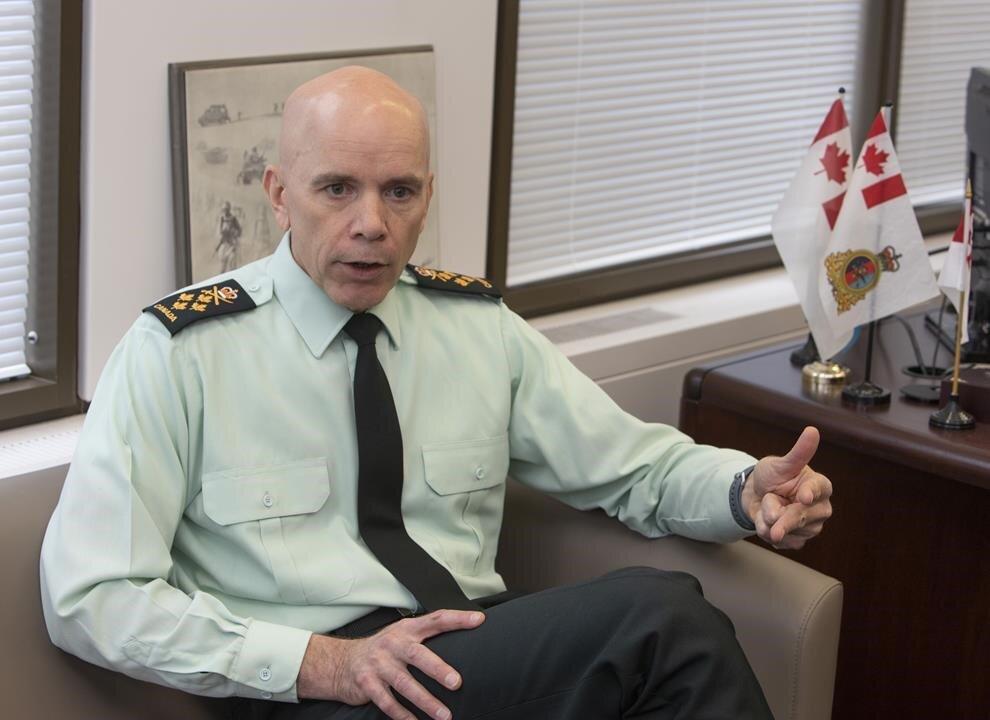OTTAWA—Canada’s newly minted chief of the defence staff says he felt he needed to speak up and remind senior military officers who they work for after his predecessor sent them a letter arguing to get back his job as Canada’s top military commander.
“When the senior leadership of the Armed Forces was engaged, I felt I had to jump in and remind them that we work for our duly elected civilian officials, who represent the will of the Canadian population,” Gen. Wayne Eyre told The Canadian Press in an interview on Friday.





